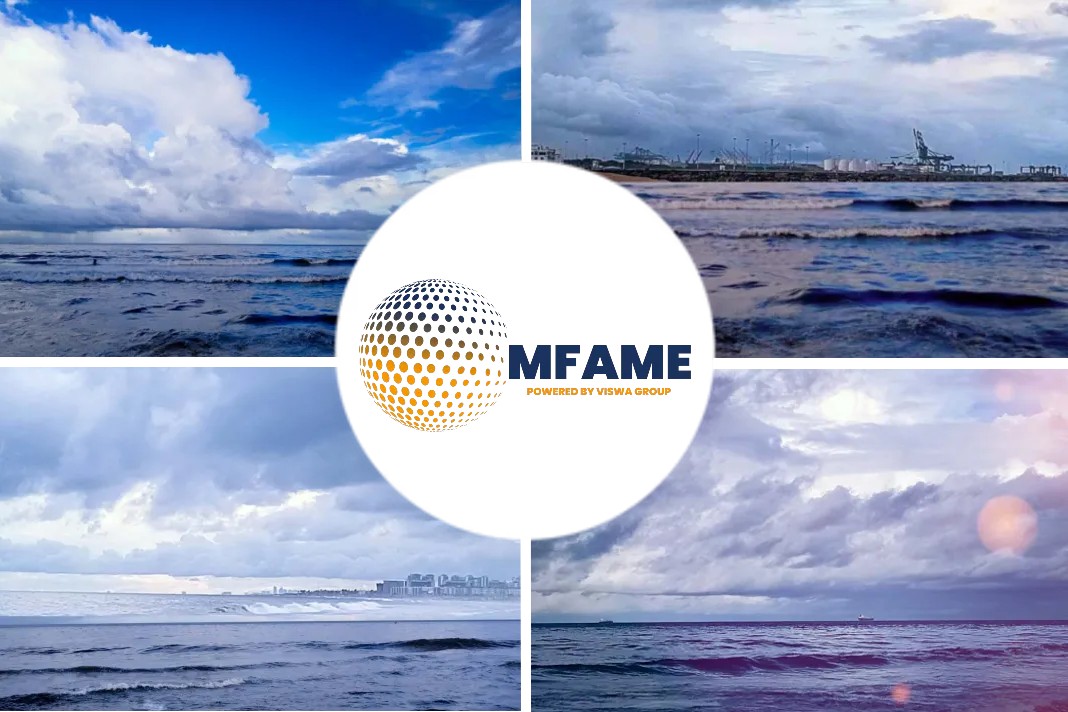
- The US Federal Maritime Commission (FMC) has been questioning container terminals and the 11 largest box lines serving the US on their policy of charging D&D fees.
- One of the notice’s controversial elements is that terminals should have a direct contractual relationship with cargo owners in order to bill them for demurrage.
- Maersk was the first to declare its change of policy and HMM and MSC followed suit.
While US ports and container terminals still resist a regulatory drive to curtail detention and demurrage (D&D) charges, several shipping lines have stopped charging cargo owners and truckers on days when terminals are closed.
D&D charges backtracked
The threat of further legislation against antitrust immunity may be a factor.
The US Federal Maritime Commission (FMC) has been questioning container terminals and the 11 largest box lines serving the US on their policy of charging D&D fees when their facilities are closed.
Shippers protest
Over the past couple of years shippers and truckers have protested furiously over being charged when they had been unable to get access to congested terminals.
These protests were the fuel for the Ocean Shipping Reform Act of 2022, which charged the FMC with new rulemaking and guidance on D&D, and the authority duly produced a Notice of Proposed Rulemaking, aimed at curtailing the elbow room for terminals and carriers to levy such charges.
Controversial elements
One of the notice’s controversial elements is that terminals should have a direct contractual relationship with cargo owners in order to bill them for demurrage. This would force terminals to charge carriers, who would then pass the bill to their clients.
But the bigger concern for terminals is the plan to ban charges for days when port facilities are closed.
An early taste of this came in December, when the FMC ordered Evergreen to refund $510 to a trucking company for detention fees levied in 2020 when the terminal in question was closed over the Memorial Day weekend.
Axing D&D charges
FMC chairman Daniel Maffei said the organisation was not out to ban D&D charges, which he called “very important to keep cargo flowing”, but stressed it wanted to change “what I believe has become a practice of using demurrage and detention as a revenue centre, as opposed to strictly an incentive to pick up cargo and return equipment”.
Ports America and the National Association of Waterfront Employers argue the FMC is overstepping its mandate, but no longer have the full backing of the container lines.
Over the past month, three have announced they are axing D&D charges on days when facilities are closed.
First to declare policy changes
Maersk was the first to declare its change of policy and HMM and MSC followed suit. Both HMM and MSC said they were working with the FMC on the issue, signalling that they had come to terms with the prospect of the emerging rules banning charges in such situations. The final set of rules from the FMC is due on 15 June.
“The carriers know they pulled a fast one,” said one industry executive. “Over the past two years they began to claw back contractual excess free times they had previously granted customers. Simultaneously they raised the daily D&D fees,” he added.
Legislation for non-US ocean carrier
And there may be another reason for the carriers’ conciliatory stance: a new, bipartisan, piece of legislation now before the US Congress seeks to repeal limited antitrust immunity for non-US ocean carriers.
The authors of the proposed Ocean Shipping Antitrust Enforcement Act claim it would stop alleged abuses by carriers, from price gouging to refusing to accept US export shipments.
A similar draft bill was tabled last year by one of the congressmen involved this time, but failed to gather support.
Container lines are concerned about the headwinds they are facing from regulators, the industry executive reckoned, and added: “They’re nervous because of the antagonistic stance of the European Commission and the FMC.”
Did you subscribe to our Newsletter?
It’s Free! Click here to Subscribe.
Source: The Loadstar















